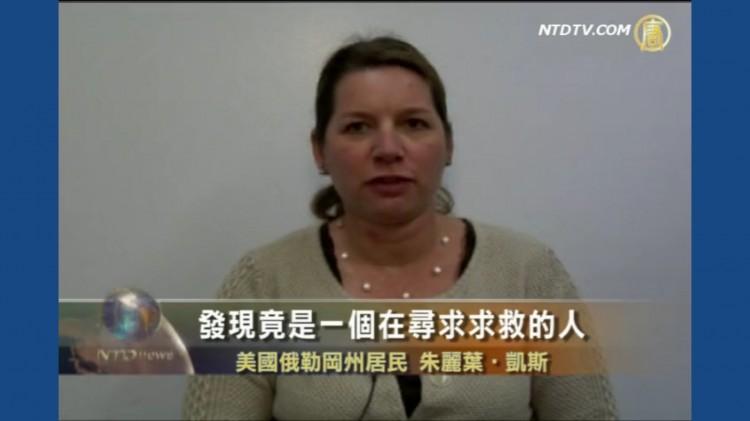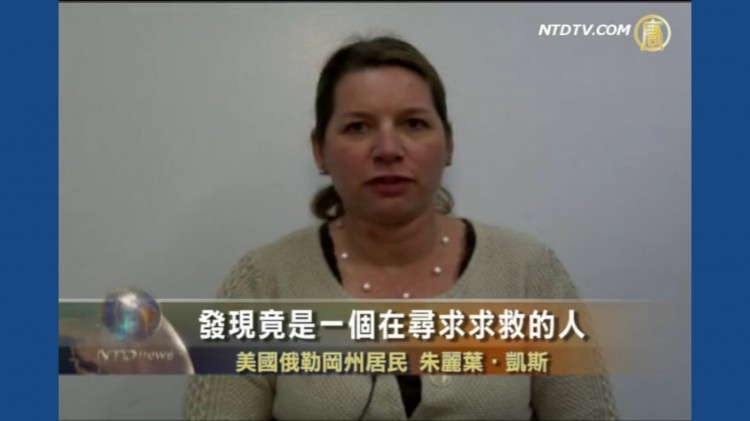Note From Chinese Regime Labor Camp Sparks US Discussion
A letter from a Chinese labor camp smuggled into a Halloween kit has sparked a national discussion about human rights abuses in China, and the dark side of the U.S.-China relationship.
|Updated:
Matthew Robertson is the former China news editor for The Epoch Times. He was previously a reporter for the newspaper in Washington, D.C. In 2013 he was awarded the Society of Professional Journalists’ Sigma Delta Chi award for coverage of the Chinese regime's forced organ harvesting of prisoners of conscience.
Author’s Selected Articles






